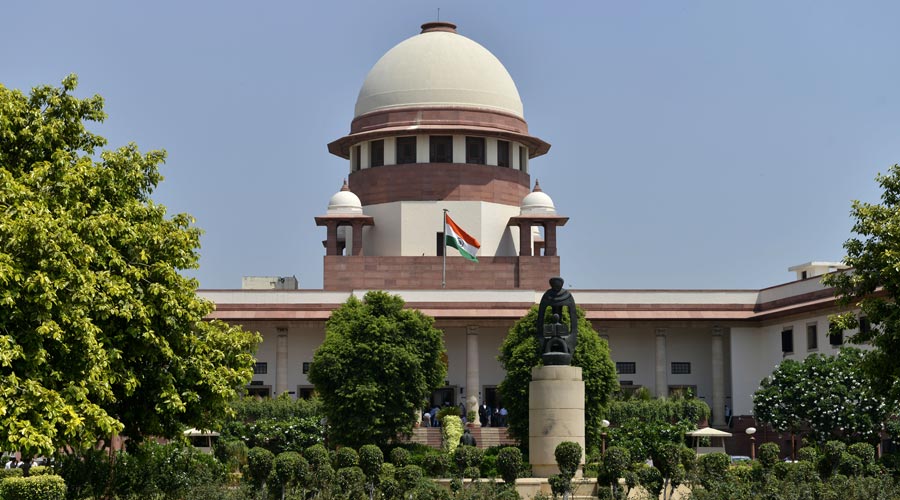The Supreme Court on Friday issued notices to the Jammu and Kashmir and Ladakh authorities on a petition alleging many prisoners had been illegally shifted to jails outside the region with their families in the dark about their exact locations.
Prisoners are lodged in jails in the particular state or Union Territory where the alleged offence was committed and the arrest or detention made, barring exceptional circumstances where the courts might direct their transfer to another state.
The bench of Chief Justice U.U. Lalit and Justice Bela M. Trivedi agreed to examine the validity of the transfer orders passed by the Jammu and Kashmir and Ladakh administrations and posted the next hearing to November 21.
Appearing for some of the aggrieved families, senior advocate Colin Gonzalves told the bench that some 22 undertrial prisoners, detained under the Jammu and Kashmir Public Safety Act, had been shifted to prisons in states such as Uttar Pradesh, Madhya Pradesh and Haryana.
For instance, Gonzalves said, Arif Ahmad Sheik, son of main petitioner Raja Begum, had been transferred to a jail in Varanasi district.
When prisoners are shifted out, they lose all contact with their families and cannot meet them, Gonzalves complained. Most of the families have little clue where their loved one has been shifted, anyway, he added.
Gonzalves said it was illegal to shift a prisoner outside the state or Union Territory where the alleged offence had been committed, for they can be tried only within the territorial jurisdiction of that particular state or Union Territory (unless a court decides otherwise).
In February 2019, the Jammu and Kashmir administration had, within days of the Pulwama attack, petitioned the Supreme Court seeking the transfer of over half-a-dozen prisoners it said were Pakistani members of the Lashkar-e-Toiba.
The apex court had issued notices to the prisoners for their response. Thereafter, because of the Covid outbreak a year later, the matter could not be listed for further hearing. The prisoners remain in Jammu and Kashmir jails.
The authorities had moved the petition through standing counsel Shoeb Alam arguing the Pakistani prisoners were “indoctrinating and brainwashing” other prisoners to take up militancy.











